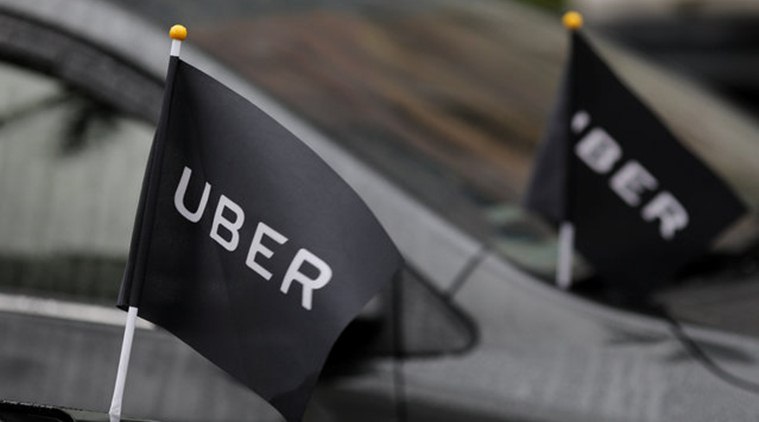Barely a week after the implementation of the ban/restriction on commercial motorcycles, including bike-hailing startups, Lagos state has began to clampdown on taxi-hailing companies while implementing laws for commercial drivers.
Drivers of the various ride-hailing platforms are currently being targeted by the state as their vehicles are being impounded.


Some commercial drivers of these ride-hailing companies have also been reportedly arrested as the Lagos government is said to be enforcing ‘necessary’ laws against them.
According to a Guardian report, one of these laws requests that commercial vehicle drivers, including those on the ride-hailing platforms, must be certified by the Lagos Drivers’ Institute (LASDRI) before they can operate in the state.
This certification by LASDRI is mandatory for all professional drivers in Lagos and is to be re-certified once every year. And according to the Chief Executive Officer of Lagos State Drivers’ Institute (LASDRI), Mr Phillip Ogunlade, ‘professional drivers’ are defined as all those who earn a living as drivers, either in the public or private sector.
The law also states that commercial drivers on the ride-hailing platforms must have hackney permits – a permit for vehicles (commercial and non-commercial) involved with the moving of people and goods.


An officer of the Lagos Vehicle Inspection Services (VIS), mentioned that for a company like Uber to operate, it needs an operator license from the state government – which the company is yet to obtain despite being aware.
“You need to have what we call operator license, which Uber was supposed to pay to the government. Uber has no operator license.”
VIS Officer.
Lagos has for long, been trying to clampdown on ride hailing platforms. In 2016, the Lagos state government, under the Road Traffic Regulations on Taxi Operations, said that all taxi operators must get a license, classifying ride hailing operators under it.
However, Uber denied the insinuation, saying that the company operates Cab Hire Services and not taxis which the Lagos State Traffic Law had sought to regulate.
Once again the Lagos state government has struck, and this is coming just few days after implementing its rule that restricts bike-hailing startups’ operations.
According to Efosa Aiyevbomwan, head of communications, Uber West Africa, Uber is currently working with the government to resolve the issue.
“Uber continues to work closely with all relevant stakeholders in Lagos to ensure that our operations align with best practices locally and internationally.”
Efosa Aiyevbomwan.
In the mean time, this latest development will most likely stifle transportation in the state as users might have to resort to other means of commuting, in the immediate. It remains to be seen if relevant aspects the law would be extended to danfo, corporate and other commercial drivers.






